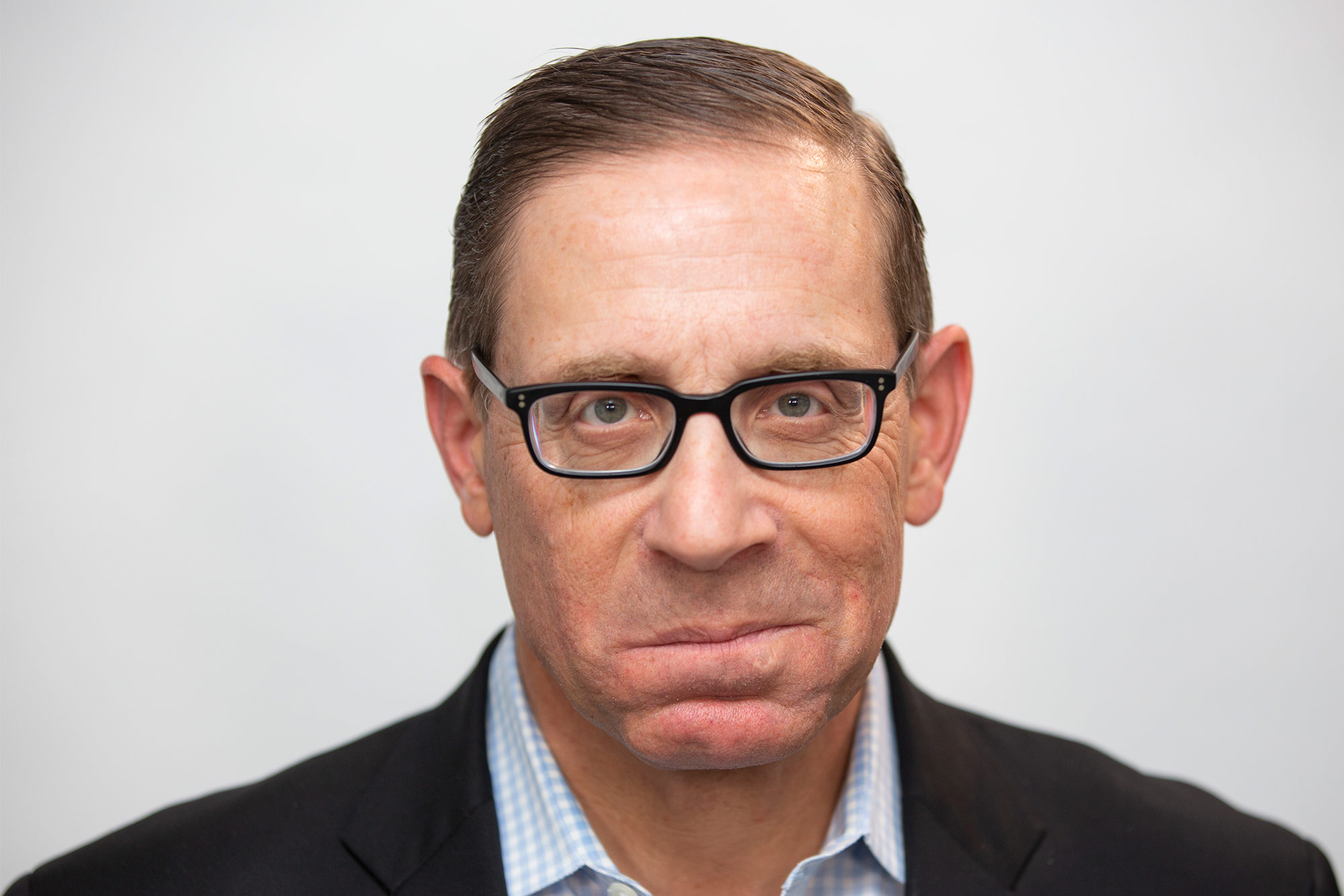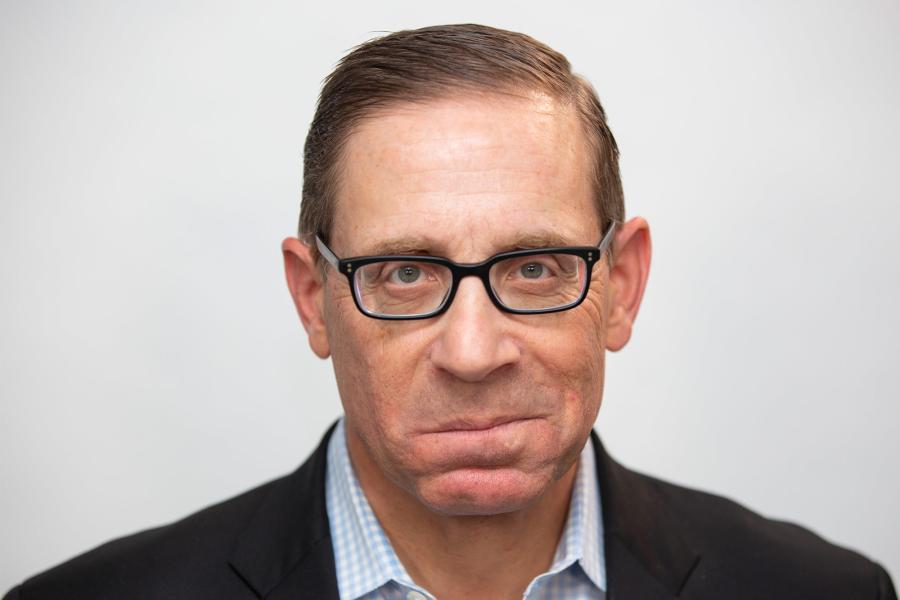The future of local news may well be not-for-profit.
University of Virginia experts say continuing budget and personnel cuts at local news outlets across the country that are owned by national news corporations are “affecting the civic health” of the communities they serve.
The answer to that could be nonprofit organizations such as States Newsroom, which operates offices in 32 states (including the Virginia Mercury), or the Texas Tribune, which covers public policy, politics, government and statewide issues in Texas.
“The big hedge funds and the big conglomerates that buy up newspapers around the country and then starve them and don’t invest in the basic functions of a newspaper in a community are really performing an enormous disservice,” said Evan Smith, practitioner fellow with the University of Virginia’s Karsh Institute of Democracy.
“The problem with owners of news organizations outside of the community is that they don’t have a sense of what the community wants or needs. They don’t have an investment, in a literal and existential sense, in the well-being and civic health of the community,” he said.
Smith, who helped build and lead the award-winning Texas Tribune, is serving a year as the Karsh Institute ’s first Distinguished Fellow in Journalism, curating and participating in programs that highlight challenges facing local media and ways to connect Americans with informative, independent journalism. His fellowship is sponsored in partnership with Virginia Humanities.
Smith will discuss the future of local news at a public keynote during the Karsh Institute and Virginia Humanities’ inaugural Virginia Local News Summit April 20-21 in Richmond.
Smith is not alone in his concerns about the state of corporate news.
“I have a journalism degree and spent the first couple years of my career at a couple of smaller papers in Ohio, from mid-2006 through the end of 2008,” said Kyle Kondik, managing editor of Sabato’s Crystal Ball, the UVA Center for Politics’ nonpartisan newsletter. “Even then, papers were getting hollowed out, both by getting gobbled up by bigger companies and also by the 2008 recession. The situation has only gotten worse over time.”






